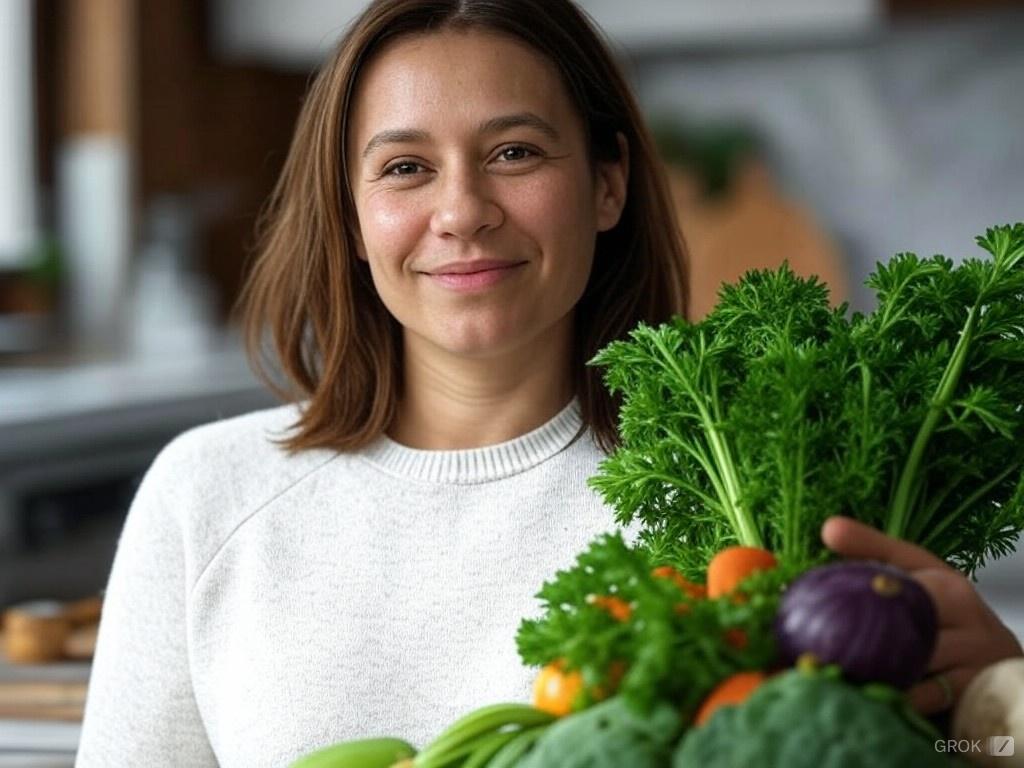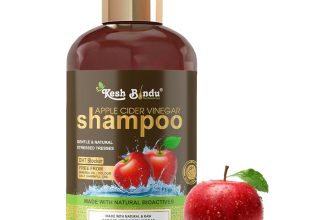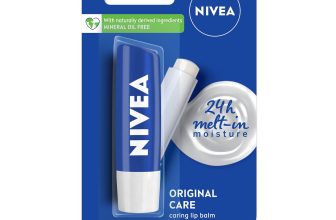
In the ever-evolving world of nutrition, 2025 promises to bring groundbreaking trends and insights to guide healthier lifestyles. As we step into the new year, understanding these trends can help us make informed choices for better health, sustainability, and overall wellness. Here, we explore the top nutrition tips, healthy eating trends, and emerging concepts in food science to empower your diet in 2025.
1. Embracing Plant-Based Eating
The Shift Towards Plant-Based Diets
Plant-based eating continues to dominate the nutrition landscape, with more people transitioning to vegetarian, vegan, or flexitarian diets. The benefits of reducing meat consumption are twofold: it supports environmental sustainability and improves personal health by lowering the risks of chronic diseases.

Top Plant-Based Foods for 2025
- Legumes: A powerhouse of protein, fiber, and essential nutrients.
- Leafy Greens: From spinach to kale, greens are packed with vitamins and minerals.
- Plant-Based Alternatives: Innovations in meat substitutes, like lab-grown meat and plant-based proteins, are reaching new heights.
How to Incorporate More Plants
- Start with one plant-based meal per day.
- Experiment with plant-based milk like almond or oat milk.
- Add a variety of vegetables to every meal to enhance flavor and nutrition.
2. Functional Foods: Nutrition Meets Medicine
What Are Functional Foods?
Functional foods are those that offer health benefits beyond basic nutrition. These include foods fortified with vitamins, minerals, or probiotics and naturally functional items like turmeric and ginger.

Examples of Functional Foods
- Fermented Foods: Probiotics in yogurt, kefir, and kimchi improve gut health.
- Superfoods: Blueberries, chia seeds, and quinoa for their high antioxidant content.
- Herbs and Spices: Turmeric for inflammation, ginger for digestion, and cinnamon for blood sugar control.
The “Food as Medicine” Movement
Functional foods are central to the “Food as Medicine” philosophy, which encourages using nutrition to prevent and manage diseases. Incorporate these foods into your daily diet for long-term benefits.
3. Personalized Nutrition: Tailoring Diets to Your Needs
The Rise of Personalized Diet Plans
With advancements in technology and nutritional science, personalized nutrition is gaining traction. Based on DNA analysis, gut microbiome testing, or wearable devices, personalized diets cater to your unique biological needs.
How Personalized Nutrition Works
- DNA-Based Diets: Genetic testing to determine food sensitivities and nutrient requirements.
- Gut Health Insights: Analyzing gut microbiome to identify the best foods for digestion and immunity.
- Wearable Tech: Devices that track calories, nutrients, and hydration levels in real-time.
Getting Started
Consider consulting with a nutritionist or using apps that offer personalized meal plans. Understanding your body’s unique needs can lead to improved energy, better digestion, and optimal health.
4. Sustainable Diets: Eating for the Planet
Why Sustainability Matters
In 2025, the focus is not only on eating for personal health but also on reducing the environmental impact of our food choices. Sustainable diets prioritize locally sourced, seasonal, and minimally processed foods.

Sustainable Eating Tips
- Go Local: Support local farmers and reduce carbon footprint.
- Reduce Food Waste: Plan meals to minimize leftovers and use composting for scraps.
- Choose Eco-Friendly Packaging: Opt for biodegradable or recyclable options when shopping.
Top Sustainable Foods
- Legumes, nuts, and seeds.
- Seasonal fruits and vegetables.
- Seaweed and algae-based products, which have minimal environmental impact.
5. Mindful Eating: Connecting With Your Food
What Is Mindful Eating?
Mindful eating is the practice of being fully present during meals, focusing on hunger cues, portion sizes, and the sensory experience of eating.
Benefits of Mindful Eating
- Better digestion.
- Improved relationship with food.
- Reduced overeating and better weight management.
Tips to Practice Mindful Eating
- Eat without distractions like TV or smartphones.
- Chew slowly and savor each bite.
- Pay attention to how your body feels during and after meals.
6. Gut Health: The Foundation of Wellness
Why Gut Health Matters
The gut is often called the “second brain” because of its connection to overall health, including immunity, mental health, and metabolism.
Foods for a Healthy Gut
- Probiotics: Yogurt, sauerkraut, and kombucha.
- Prebiotics: Bananas, garlic, and onions to feed good bacteria.
- Fiber-Rich Foods: Whole grains, fruits, and vegetables.
Building Gut-Friendly Habits
- Drink plenty of water to aid digestion.
- Limit processed foods and sugars that harm gut bacteria.
- Incorporate fermented foods into your diet regularly.
7. Immune-Boosting Foods: Staying Healthy Year-Round
Nutrition and Immunity
Strengthening your immune system is a priority in 2025, especially with the ongoing focus on global health.
Top Immune-Boosting Foods
- Citrus Fruits: Rich in vitamin C to support immunity.
- Ginger and Garlic: Natural antimicrobial properties.
- Green Tea: Packed with antioxidants.
- Nuts and Seeds: High in vitamin E and zinc.
Tips for a Stronger Immune System
- Stay hydrated with water and herbal teas.
- Maintain a balanced diet rich in diverse nutrients.
- Get regular exercise and sufficient sleep to complement your nutrition.
8. Emerging Trends: What’s New in 2025?
Superfoods for the Future
Expect to see more innovative superfoods like:
- Seaweed-Based Products: Sustainable and nutrient-rich.
- Plant-Based Omega-3s: Derived from algae instead of fish oil.
- Exotic Fruits: Like baobab and camu camu for their antioxidant properties.
Tech-Driven Nutrition
- AI-powered apps for meal planning and tracking.
- Smart kitchens with built-in nutrition analyzers.
- Virtual nutrition coaching.
Global Flavors in Local Diets
2025 will see an increase in fusion diets, combining global flavors with traditional recipes. For instance, using turmeric in Western smoothies or incorporating quinoa into Indian dishes.
Conclusion: Eating Well in 2025
Nutrition in 2025 is about more than just calories and macronutrients. It’s about making conscious choices that align with personal health, environmental sustainability, and evolving food science. By embracing plant-based eating, functional foods, personalized diets, and mindful habits, you can lead a healthier and more balanced lifestyle.
As you plan your meals this year, remember the “food as medicine” philosophy: every bite you take has the potential to heal and energize your body. Let’s make 2025 the year of smart, sustainable, and delicious eating!







